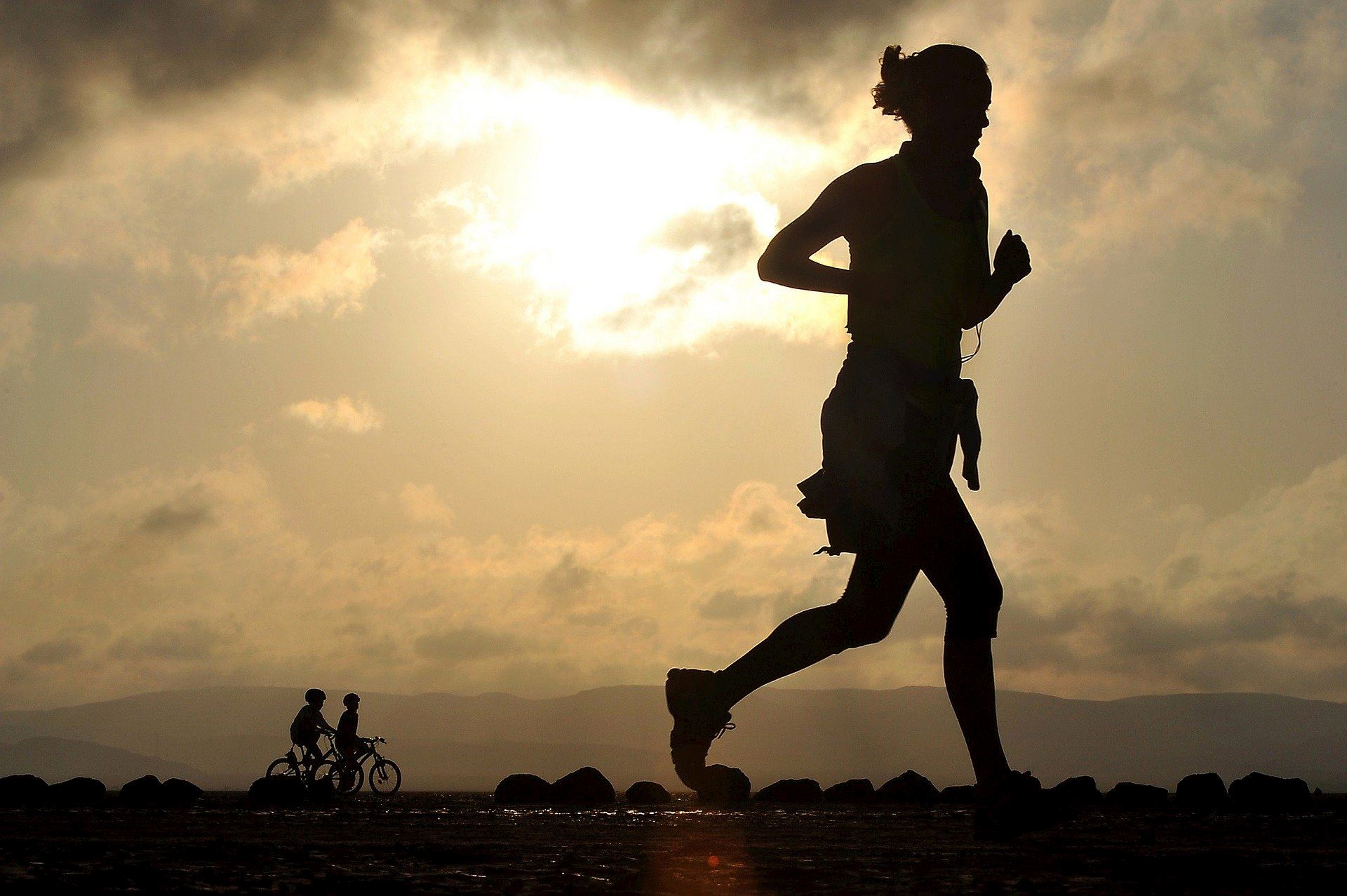Inspiring Female Marathoners

The Wizz Air Milano Marathon presents a fast and picturesque course that predominantly winds through the heart of the city.
Show more! keyboard_arrow_rightThe idea of running 21km and 97 meters came in 1964, with the idea of doing a marathon in Elche in two stages. It was a time when few people were running and in the end the two stages did not crystallize ... But one did run, in 1968 for the first time and over a rare distance for the time: 21km and 97 meters ...
Show more! keyboard_arrow_rightThe 10 km Dakar is one of Senegal’s largest running events, held annually in the capital city. The course follows the West Corniche of Dakar, a coastal route that offers oceanfront running combined with views of the city. With its central location and accessible distance, the race attracts both local participants and international runners.
Show more! keyboard_arrow_rightTrondheim Marathon is Norway's oldest marathon and is held every autumn. Choose between marathon and half marathon, 10K or why not take on a quick 5K?
Show more! keyboard_arrow_rightStretching from the mesmerizing Mediterranean to the Saklıkent Ski Center, this marathon allows runners to transition from the vibrant blues of the coastline to the pristine whiteness of the snow.
Show more! keyboard_arrow_rightThe Lisbon Eco Marathon is a unique event, as it is the only marathon conducted entirely within the city limits of Lisbon. This event places Portugal's capital on the global calendar of notable marathon events. Emphasizing ecology, competition, and social solidarity, the marathon offers a full range of challenges.
Show more! keyboard_arrow_rightThe TUI Cyprus Marathon starts at Aphrodite’s Birthplace (Goddess of Love and Beauty) and follows a coastal route along the Mediterranean sea. The picturesque finish line (and start line of the other races) is the Pafos Medieval Fort Square right next to the the beautiful Pafos Harbour.
Show more! keyboard_arrow_right
Thank your for subscribing to our Newsletter
You have already subscribed to our newsletter!










